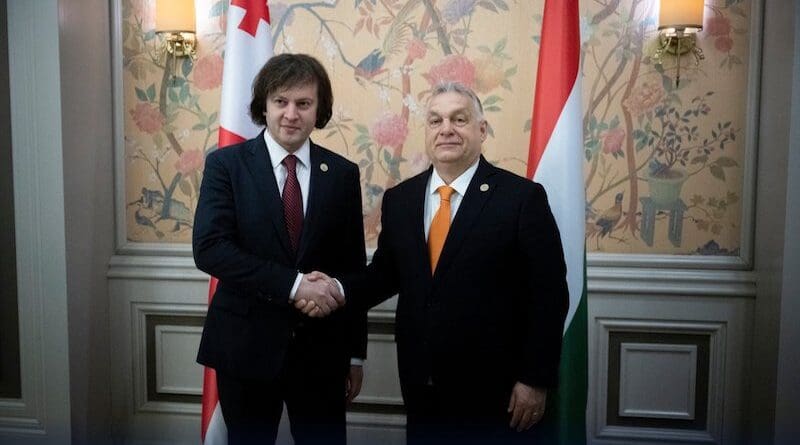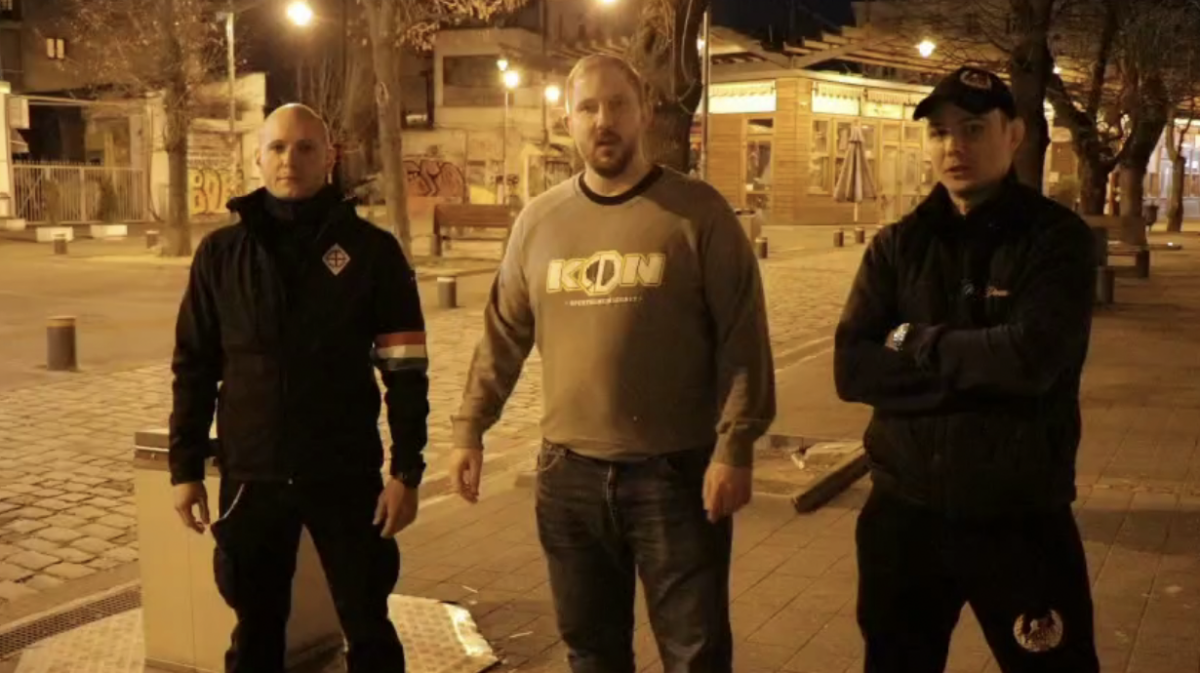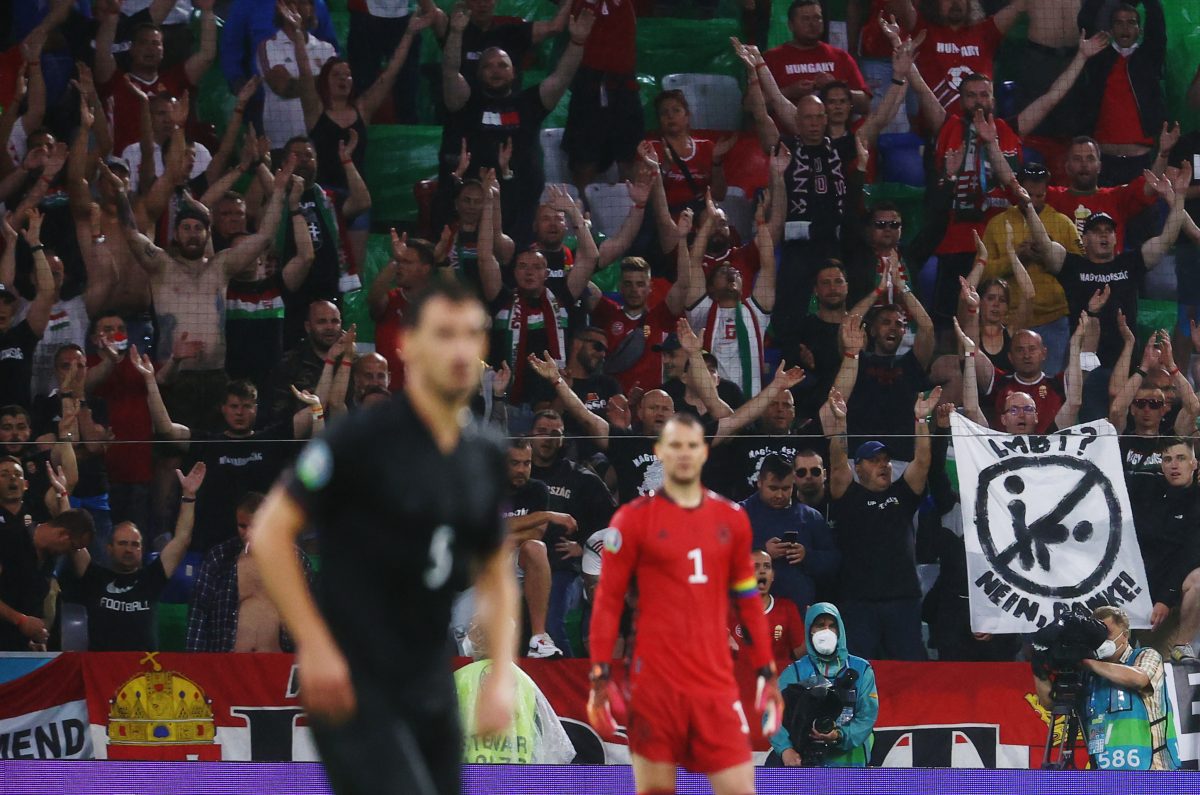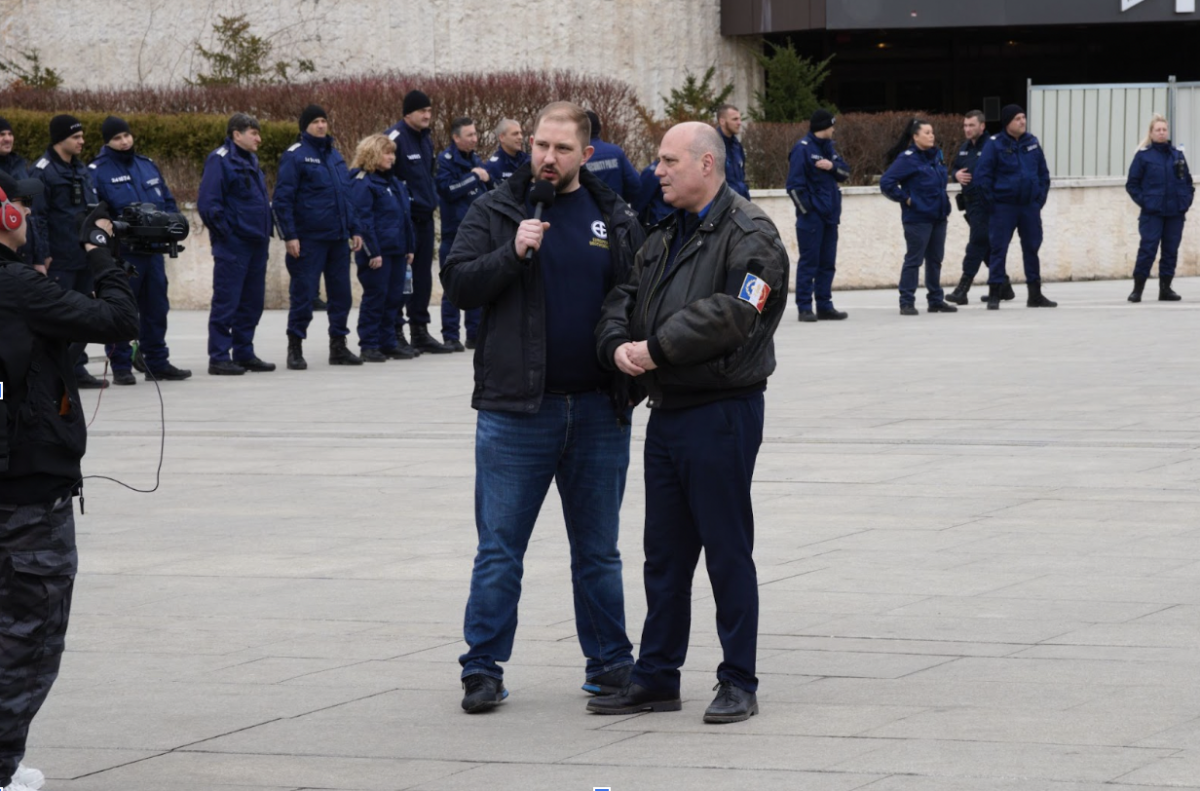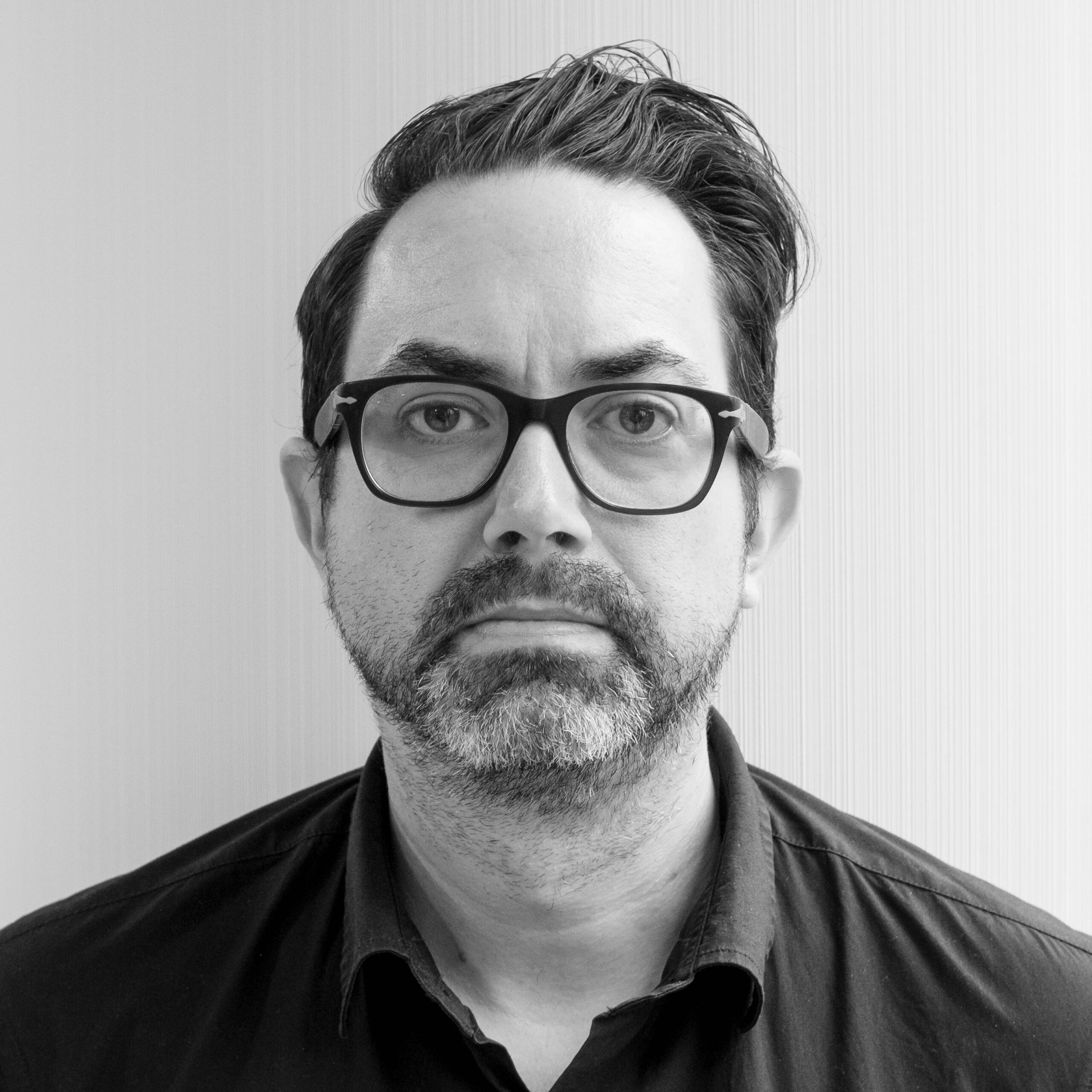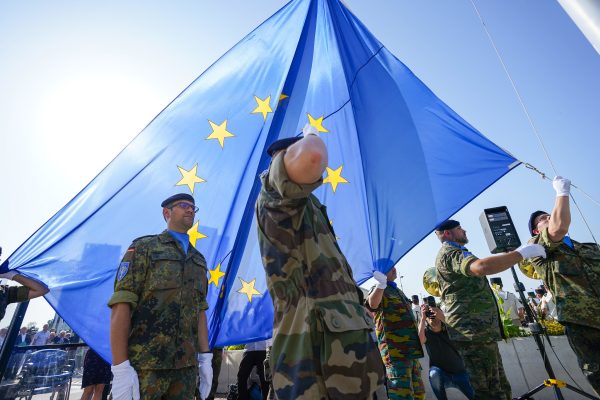
European Parliament - Inauguration of the new parliamentary term. Flickr.
Between June 6 and 9, residents of the European Union (EU) went to the polls to elect a new European Parliament. There were fears in advance of a breakthrough by the far right, which was not surprising given the recent electoral successes of extreme nationalist, conservative, and elitist parties, often with xenophobic tendencies and fascist roots or inspiration.
Six of the 27 EU countries—Italy, Finland, Slovakia, Hungary, Croatia, and the Czech Republic—have far-right parties in government. Sweden’s minority government relies on the support of the nationalist Sweden Democrats, the second-largest force in Parliament.
In the Netherlands, the Partij voor de Vrijheid (PVV) of Geert Wilders won 37 seats in the 150-seat Parliament after a campaign filled with xenophobia and anti-Islam sentiment. His parliamentary group is much larger than those of the red/green alliance of European Commissioner Frans Timmermans and the liberals of former Prime Minister Mark Rutte, who won 24 and 25 seats respectively. At the time of the European elections, Wilders was busy forming the most right-wing government in his country’s recent history.
The Netherlands is a relatively small country, but the surge of the extreme right caused concern in the large countries of Europe as well. In Italy, Giorgia Meloni’s Fratelli d’Italia, a party that traces its roots back to the fascist movement of Benito Mussolini, has been in power since October 2022. In France, the Rassemblement National of Marine Le Pen topped the pre-election polls, while the AfD, Alternative für Deutschland, the extreme right force in Germany consistently scored better in opinion polls than any of the three governing parties.
This Europe-wide success of far-right parties was indeed confirmed by the European election results. The party of Italian Prime Minister Giorgia Meloni won more than 28 percent of the national vote. In France, Marine Le Pen’s Rassemblement National was the party of preference for almost one in three voters, humiliating President Emmanuel Macron’s Renaissance party, which garnered only half as many votes. In Germany, the AfD won almost 16 percent. This might be less spectacular than the Italian and French extreme right, but it’s still better than each of the three members of the current traffic light coalition: the Social Democrats, the Greens, and the Liberal Party.
But has the European Parliament indeed been taken over by the extreme right? Not really.
Their electoral successes in a number of countries is undeniable, as the examples of Italy, France, and Germany have already illustrated. The surge of the far right has been at the expense of traditional centrist parties. In the European Parliament, the Greens and Liberals lost about one-fourth of their seats each. The Social Democrats seem to remain stable, though, losing only four seats.
But the center-right European People’s Party (EPP) Group is even growing and remains by far the largest group in the European Parliament. Together, these four traditional political groups still have a majority in the European Parliament.
Besides, although the extreme right parties did make progress in the June 2024 elections, they are hopelessly divided among themselves on key issues such as economic policy, foreign relations, and EU integration. For example, while some advocate for complete withdrawal from the EU, others support renegotiating membership terms.
As a result of these divisions, there are two parliamentary groups that contain far-right parties. On the one hand, there is the right-nationalist European Conservatives and Reformists, dominated by the Fratelli d’Italia and Poland’s Prawo i Sprawiedliwość (PiS) Party. On the other hand, there’s the far-right Identity and Democracy Group, whose members include France’s National Rally but also the Austrian Freiheitliche Partei Österreichs and Geert Wilders’s PVV. The AfD was a member of this group until it was expelled weeks before the European elections following a series of scandals.
And then, there are a number of far-right parties that do not belong to any of those parliamentary groups because they are not deemed acceptable or have already been expelled. Hungary’s Fidesz party became the largest among them when they quit the center-right European People’s Party in 2021. There’s also a whole range of smaller parties. The AfD joined their ranks just recently, as it is unaffiliated to any parliamentary group.
There are two reasons, therefore, why the extreme right is not able to dominate the European Parliament. On the one hand, the centrist parties, and especially the EPP Group, remain relatively strong. Besides, the far-right groups are too divided among themselves to become dominant.
The fear of a takeover of European mainstream politics by fringe, extreme right parties seems to be unfounded, at least for now. Nevertheless the influence of the extreme right is growing undeniably. The real danger might come from the blurring of the lines between mainstream parties and the far right.
We have seen recently how extreme right parties have started to emulate center-right parties in exchange for a seat at the table, especially if they can join the government. Interestingly, Giorgia Meloni’s party is the only one of the three major Italian far-right parties that is unequivocally in favor of NATO and support to Ukraine. Once in government, she became an outspoken supporter of military support. Geert Wilders, from his side, was ready to swallow much of his extreme party program in exchange for his ascension to government. The French Rassemblement National is also undergoing rebranding, and rallies with slick firebrand Jordan Bardella do not resemble the nostalgic National Front meetings of Jean-Marie Le Pen, the party’s founder.
This is not the only way the lines between the mainstream and the extreme right have become blurred. The center-right is also moving slowly but surely to the right. The shift of center-right parties towards the right can be seen in the EU’s new migration pact, defended by European Commission president Ursula von der Leyen, which includes measures originally championed by the far right such as tougher deterrence through border control and stricter asylum procedures. Likewise, it also reinforces the extreme right’s framing of migration as a threat to European values. The real danger, therefore, might not be that of a takeover of European politics by extreme-right parties but of the alliance between the old center-right with the ‘new’, supposedly more moderate, extreme right.
The only remedy to the rise of the extreme right is therefore to be sought not in the center but to the left of the political spectrum. The left is positioned to counter the far right because of its commitment to inclusive and egalitarian policies, which directly oppose the exclusionary and nationalist rhetoric of the far right.
Unfortunately, the left is also divided and is missing a clear strategy. There is the new phenomenon of Bündnis Sahra Wagenknecht in Germany, which is combining restrictive proposals on immigration with a more progressive economic program, although with 6.2 percent in the European Parliamentary elections they scored less than anticipated. La France Insoumise (France), the Kommounistikó Kómma Elládas (Greece), and Partij van de Arbeid van België / Parti du Travail de Belgique (Belgium) scored well, winning the support of some 10 percent of their countries’ electorate. The left is showing resilience in other countries as well. Eventually, it’s these parties and the social movements they are rooted in that will have to provide an answer to the rise of the far right in Europe.
This article was produced by Globetrotter.
